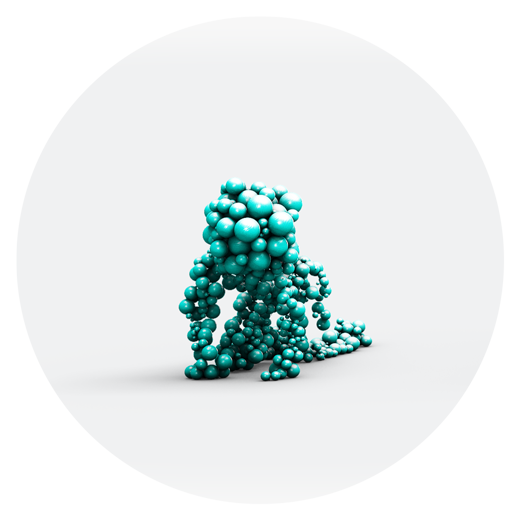
Babies & Young children
The microbiome starts taking shape at birth when the baby is seeded with bacteria from the mother and the surrounding environment. During the first months of life, bifidobacteria tend to be the most dominant bacteria in the microbiota, but many fluctuations are seen. Studies have shown that the microbiome is closely linked to the baby’s immune, metabolic, and neurological development, which may affect the health and well-being of the baby, not only as a young child but through to adulthood.
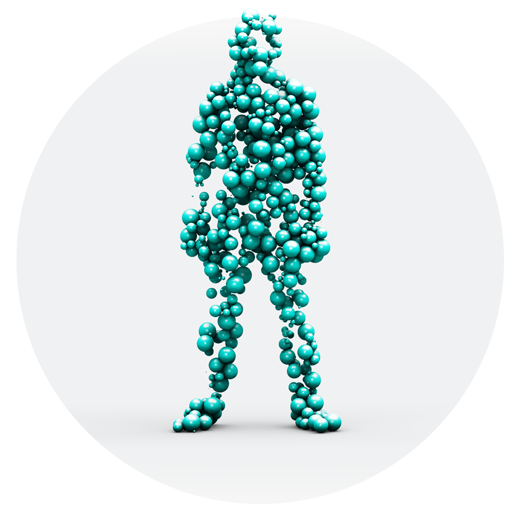
Adult
In adults, the microbiome is fully established and is usually characterized by a great richness and diversity of bacteria. The abundance of the many types of bacteria is different from person to person, so all have a unique microbiota profile. The adult microbiome has been linked closely with support for many aspects of health, including digestive and immune health. The adult microbiome is relatively stable but is sensitive to lifestyle factors such as diet and stress, to name just a few.
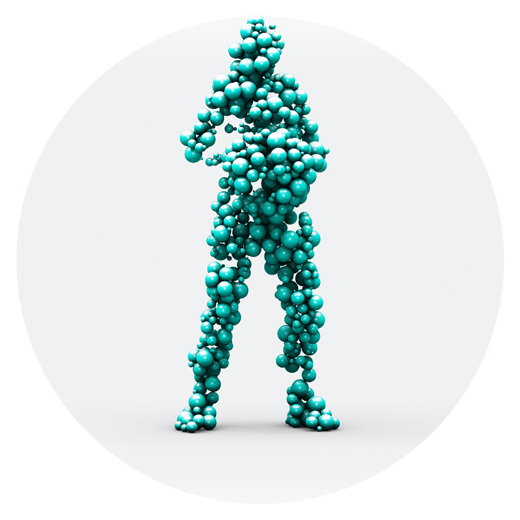
Pregnant
During pregnancy, progesterone levels rise substantially. This hormone reduces the diversity of the gut bacteria while also stimulating bifidobacteria and other types of bacteria. Bacteria from the pregnant woman transfer to the baby during vaginal birth and breastfeeding, seeding the baby’s microbiome.
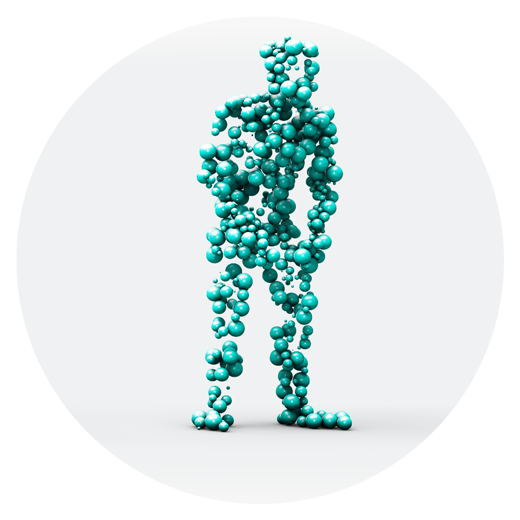
Elderly
The gut microbiota of elderly people is characterized by less bacterial diversity, shifts in the dominant species of bacteria, and a decline in the abundance of beneficial microorganisms, such as lactobacilli and bifidobacteria. These changes are the result of alterations in the gut and diet, factors that are associated with the gradual aging process.
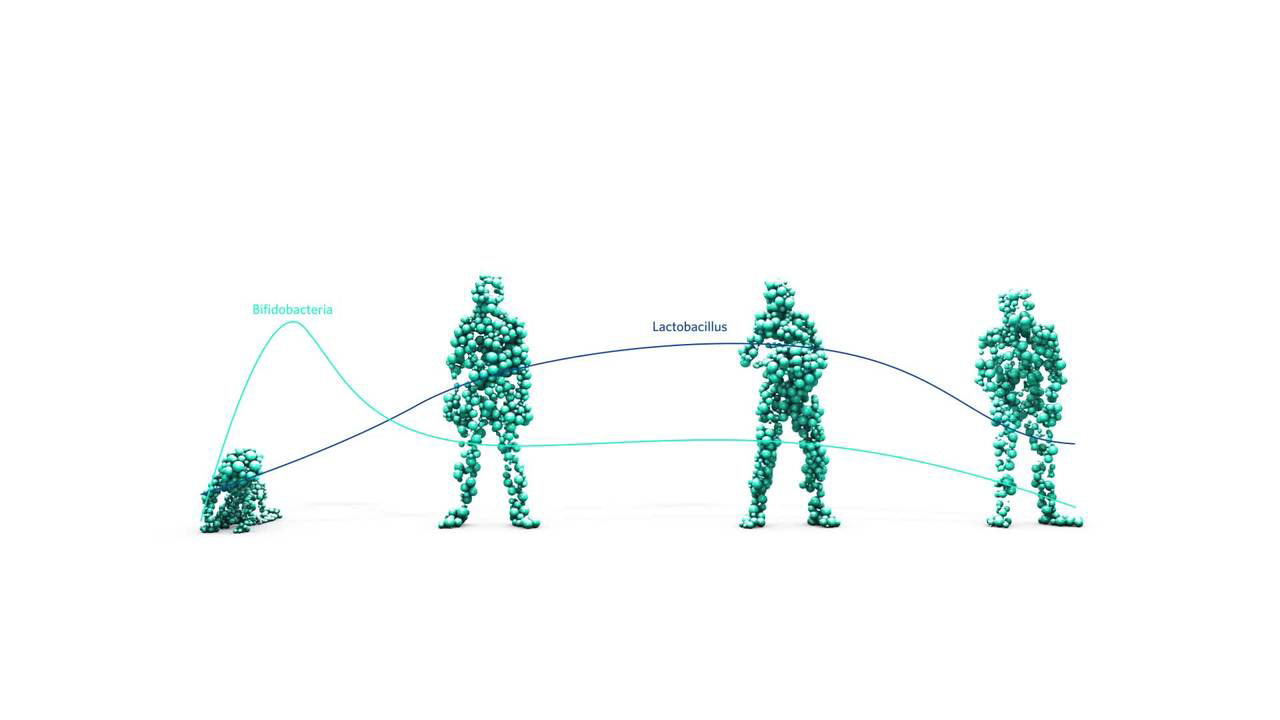
The microbiome starts taking shape at birth when the baby is seeded with bacteria from the mother and the surrounding environment. During the first months of life, bifidobacteria tend to be the most dominant bacteria in the microbiota, but many fluctuations are seen. Studies have shown that the microbiome is closely linked to the baby’s immune, metabolic, and neurological development, which may affect the health and well-being of the baby, not only as a young child but through to adulthood.
In adults, the microbiome is fully established and is usually characterized by a great richness and diversity of bacteria. The abundance of the many types of bacteria is different from person to person, so all have a unique microbiota profile. The adult microbiome has been linked closely with support for many aspects of health, including digestive and immune health. The adult microbiome is relatively stable but is sensitive to lifestyle factors such as diet and stress, to name just a few.
During pregnancy, progesterone levels rise substantially. This hormone reduces the diversity of the gut bacteria while also stimulating bifidobacteria and other types of bacteria. Bacteria from the pregnant woman transfer to the baby during vaginal birth and breastfeeding, seeding the baby’s microbiome.
The gut microbiota of elderly people is characterized by less bacterial diversity, shifts in the dominant species of bacteria, and a decline in the abundance of beneficial microorganisms, such as lactobacilli and bifidobacteria. These changes are the result of alterations in the gut and diet, factors that are associated with the gradual aging process.


